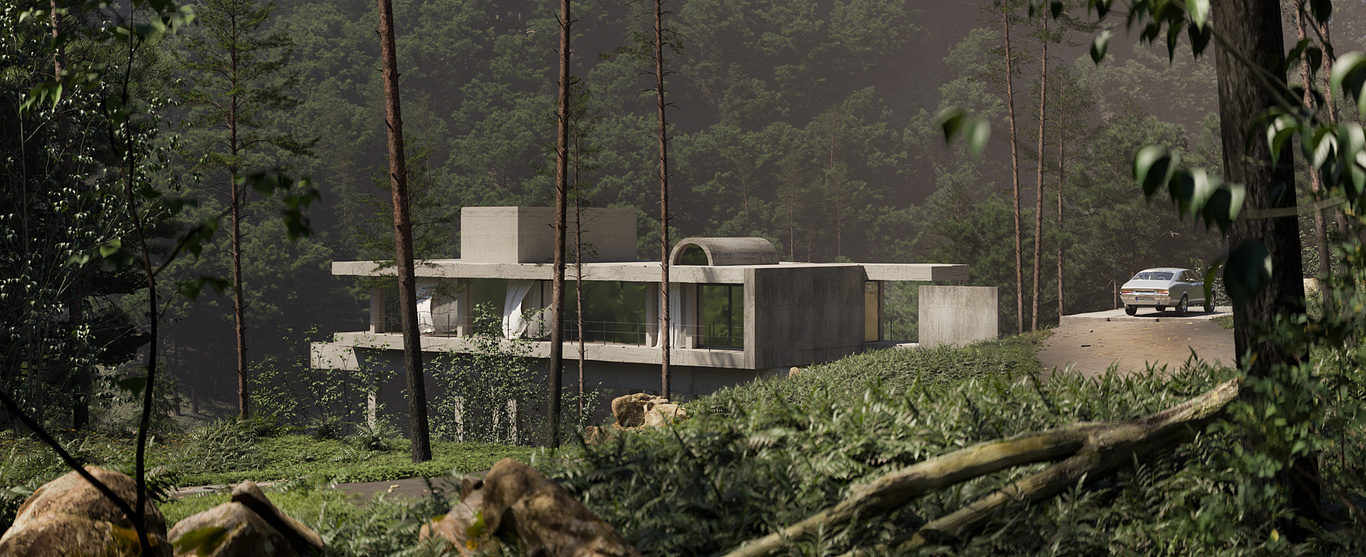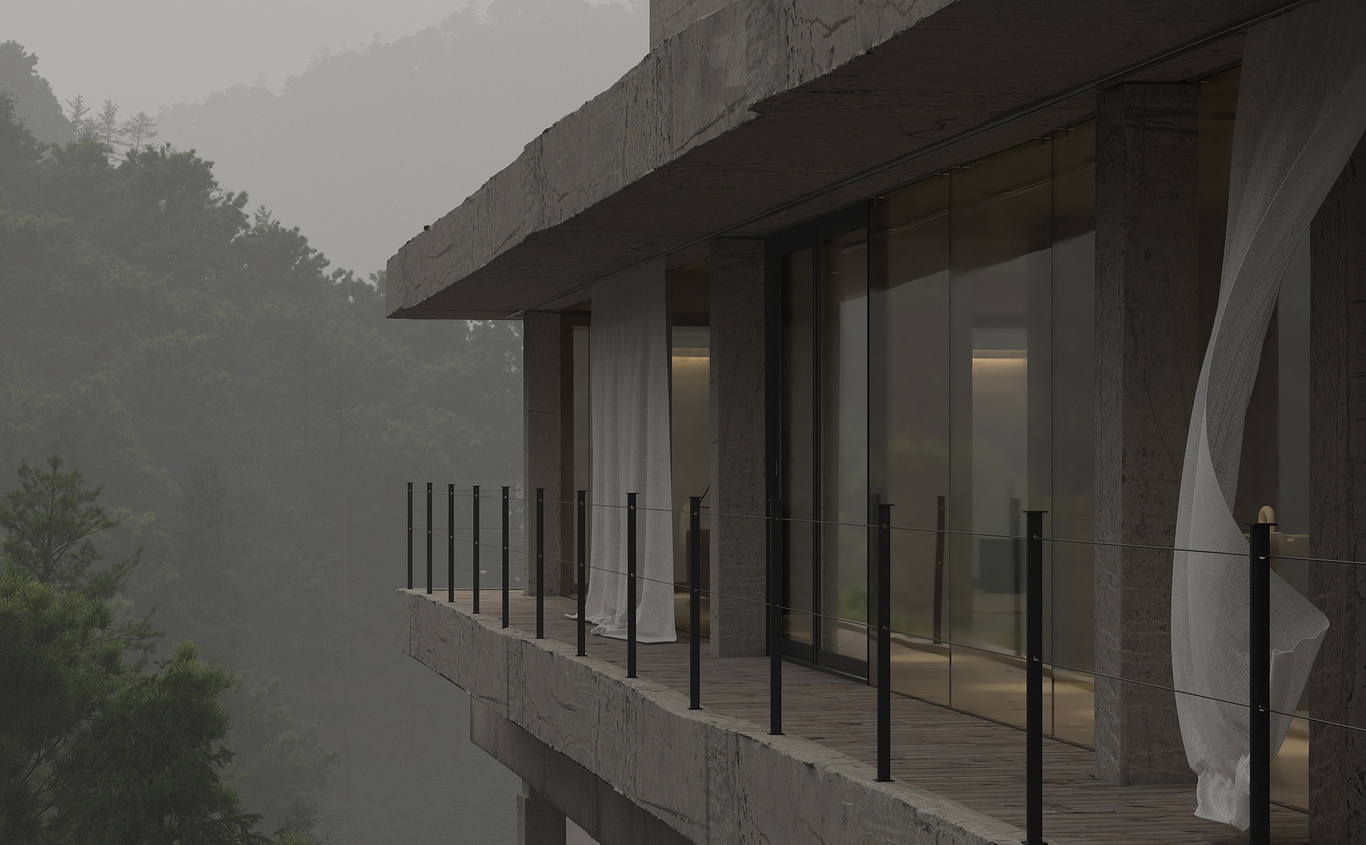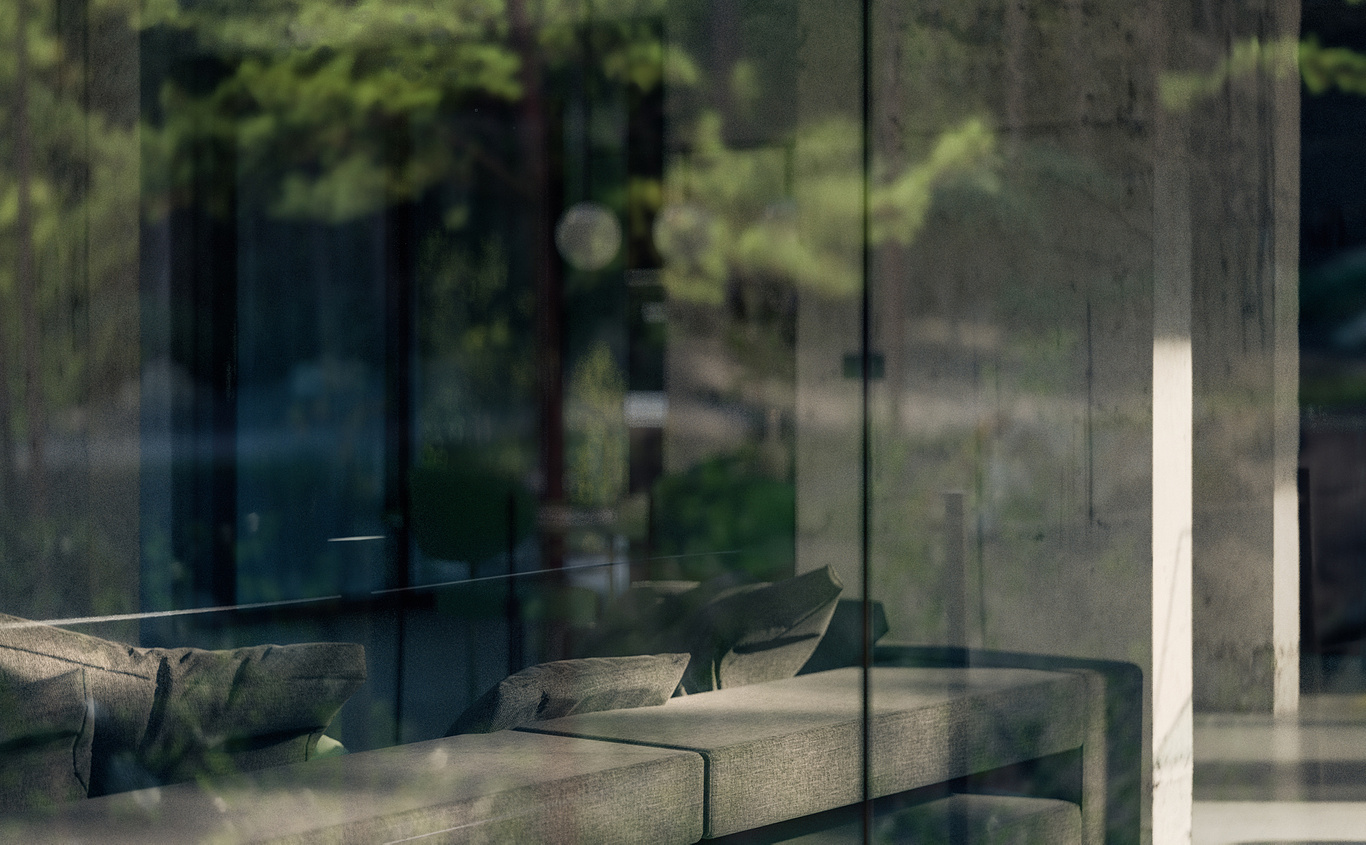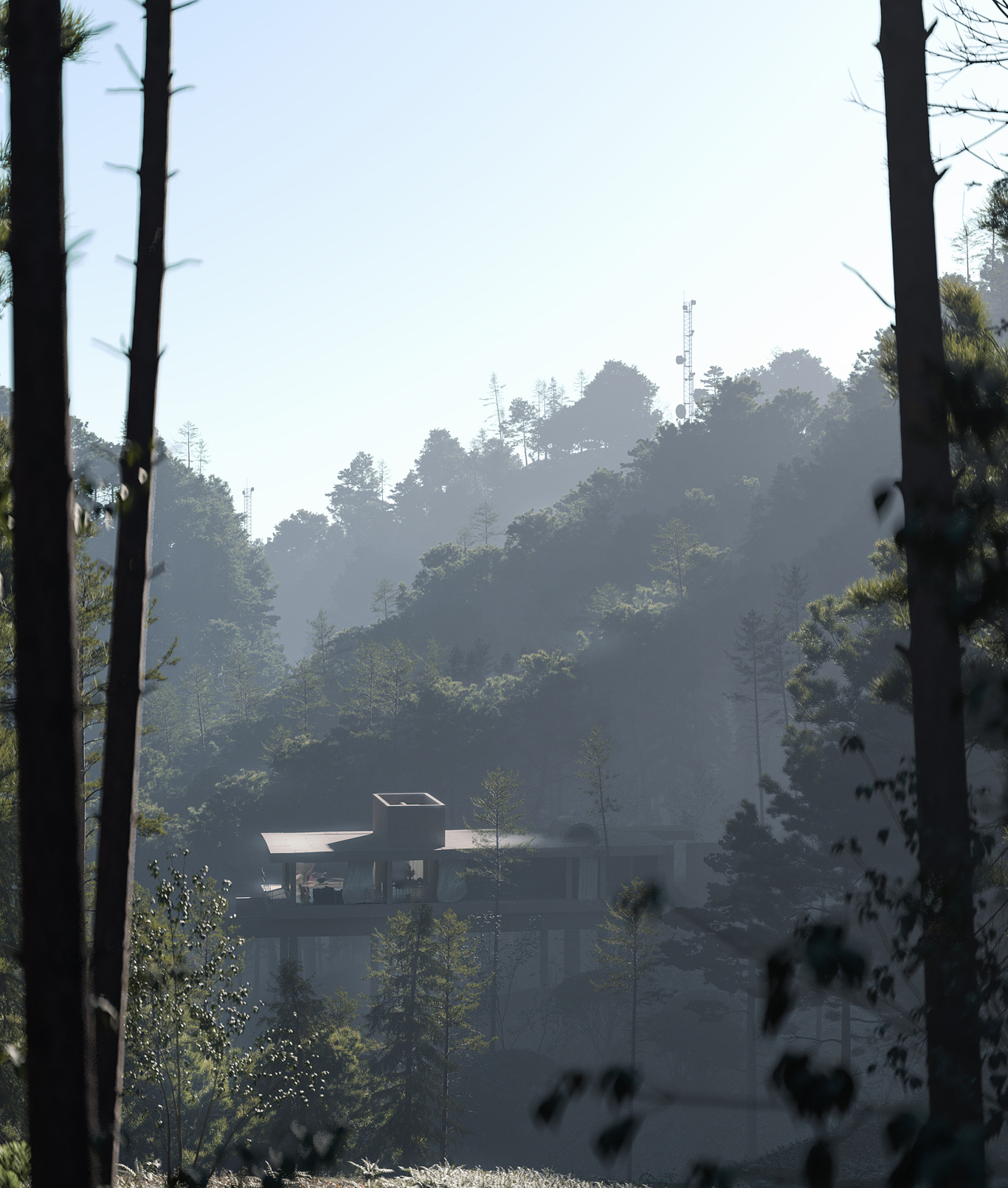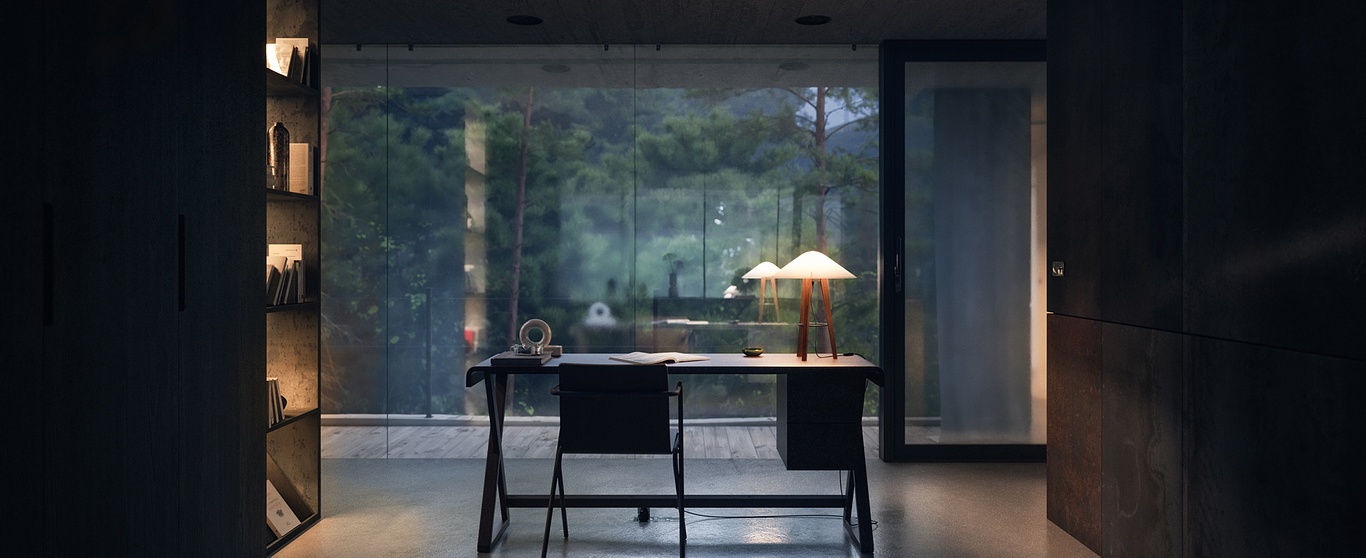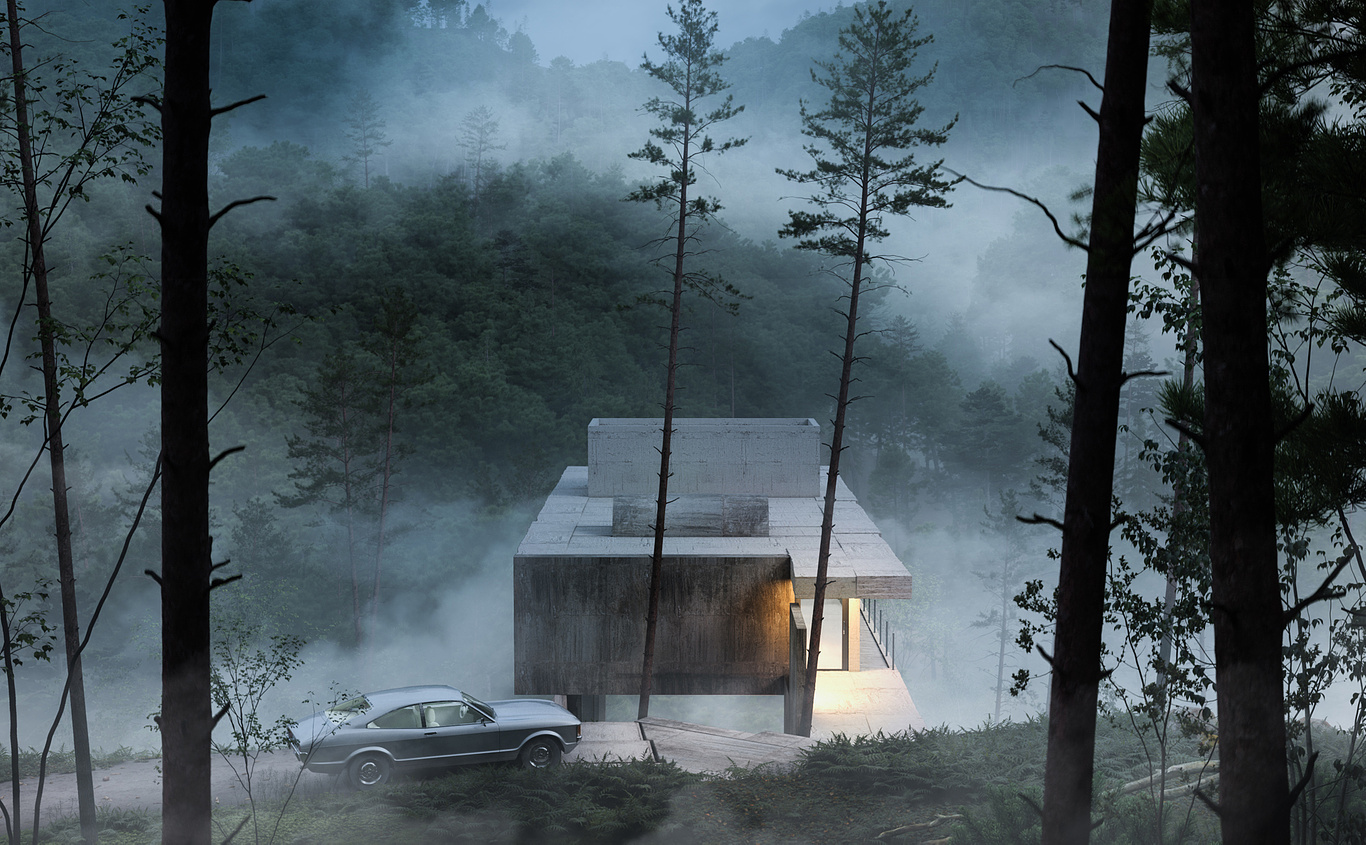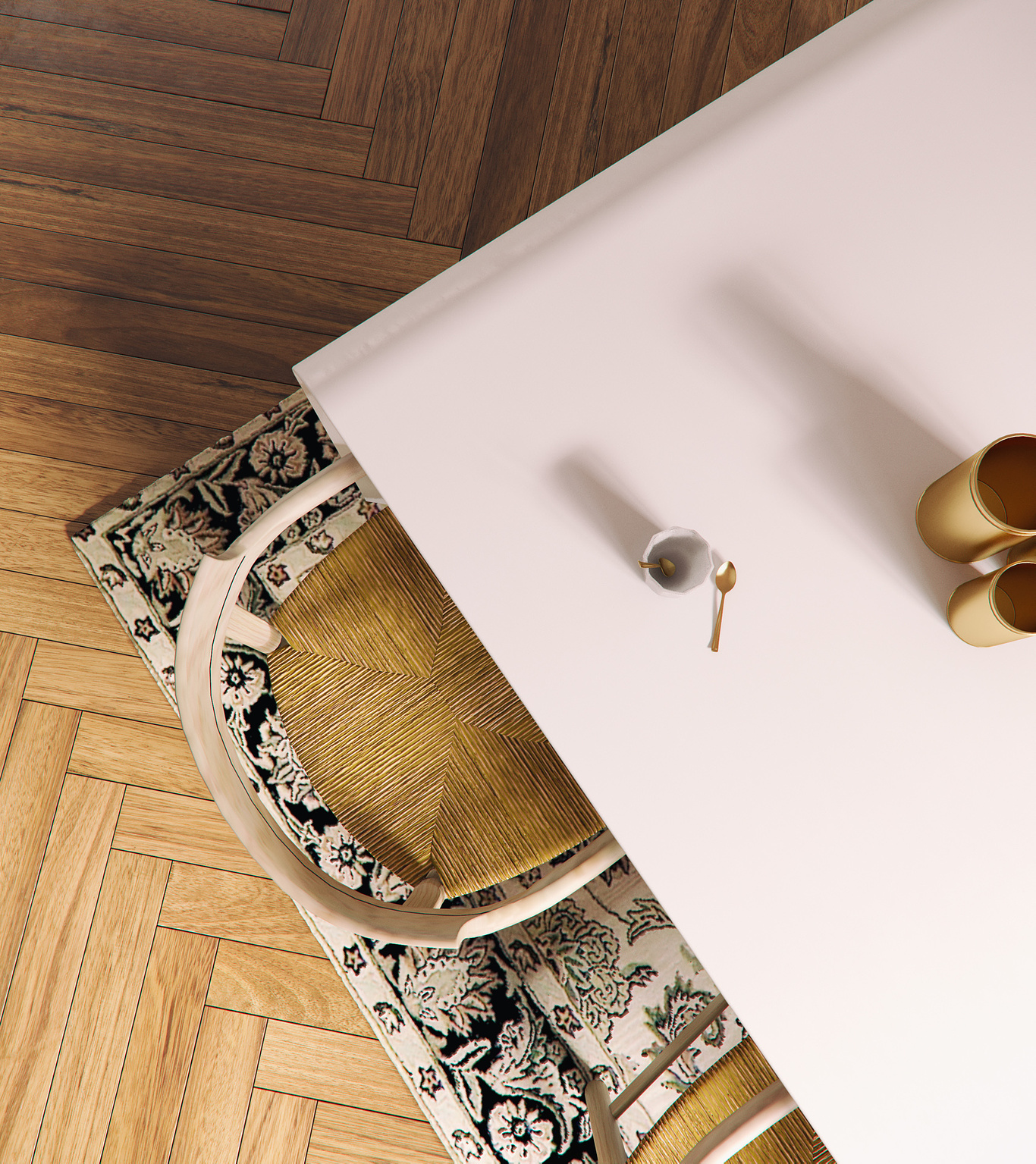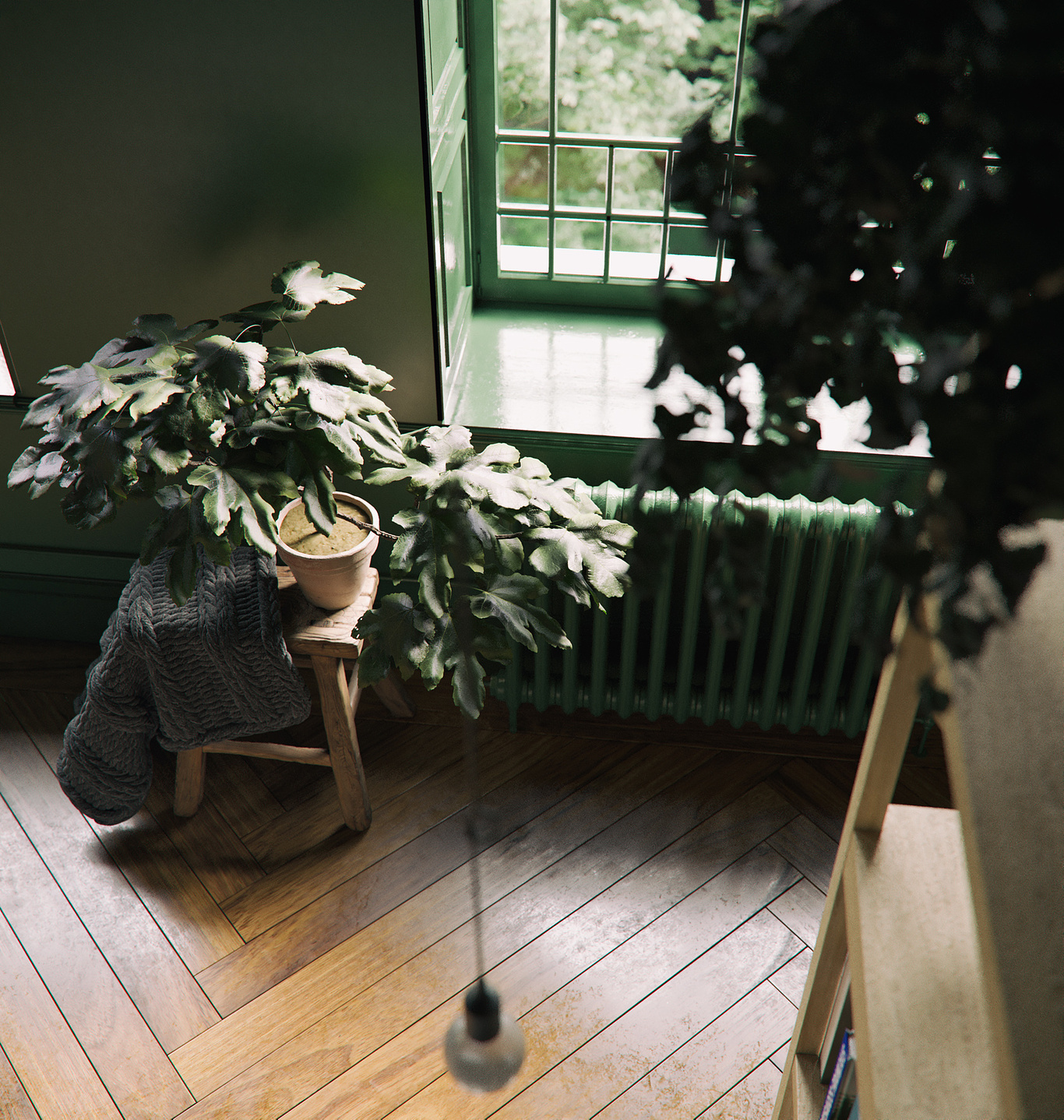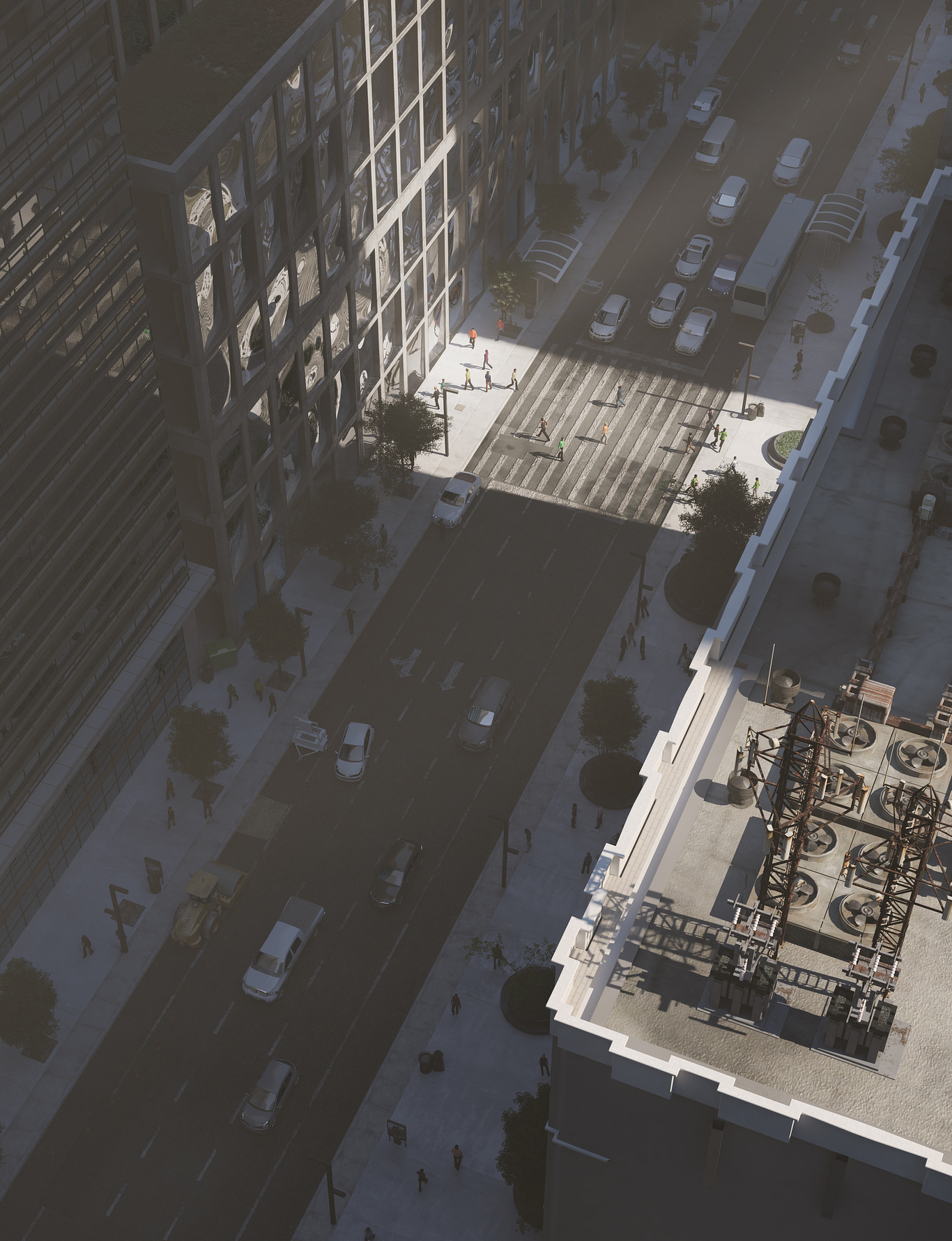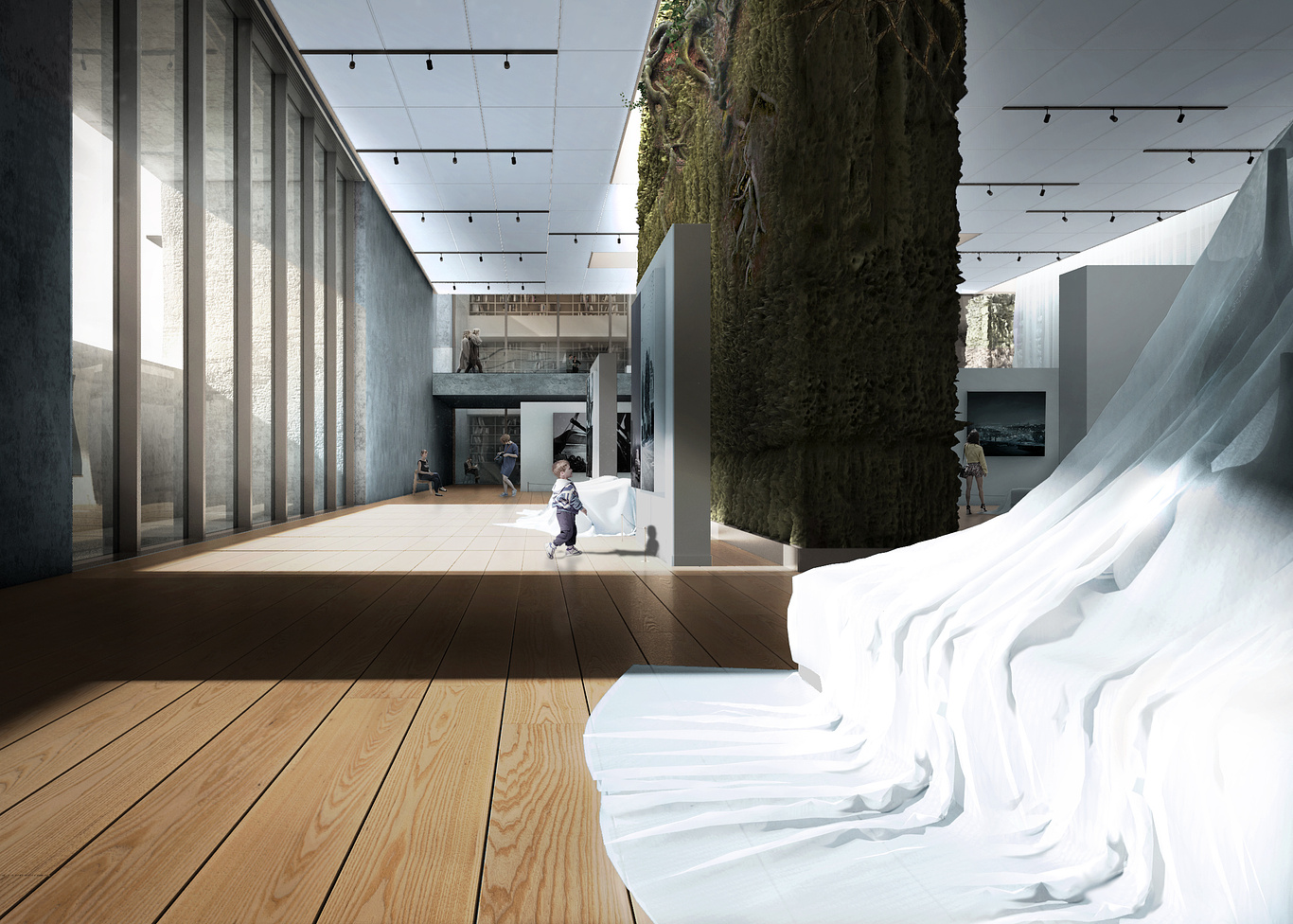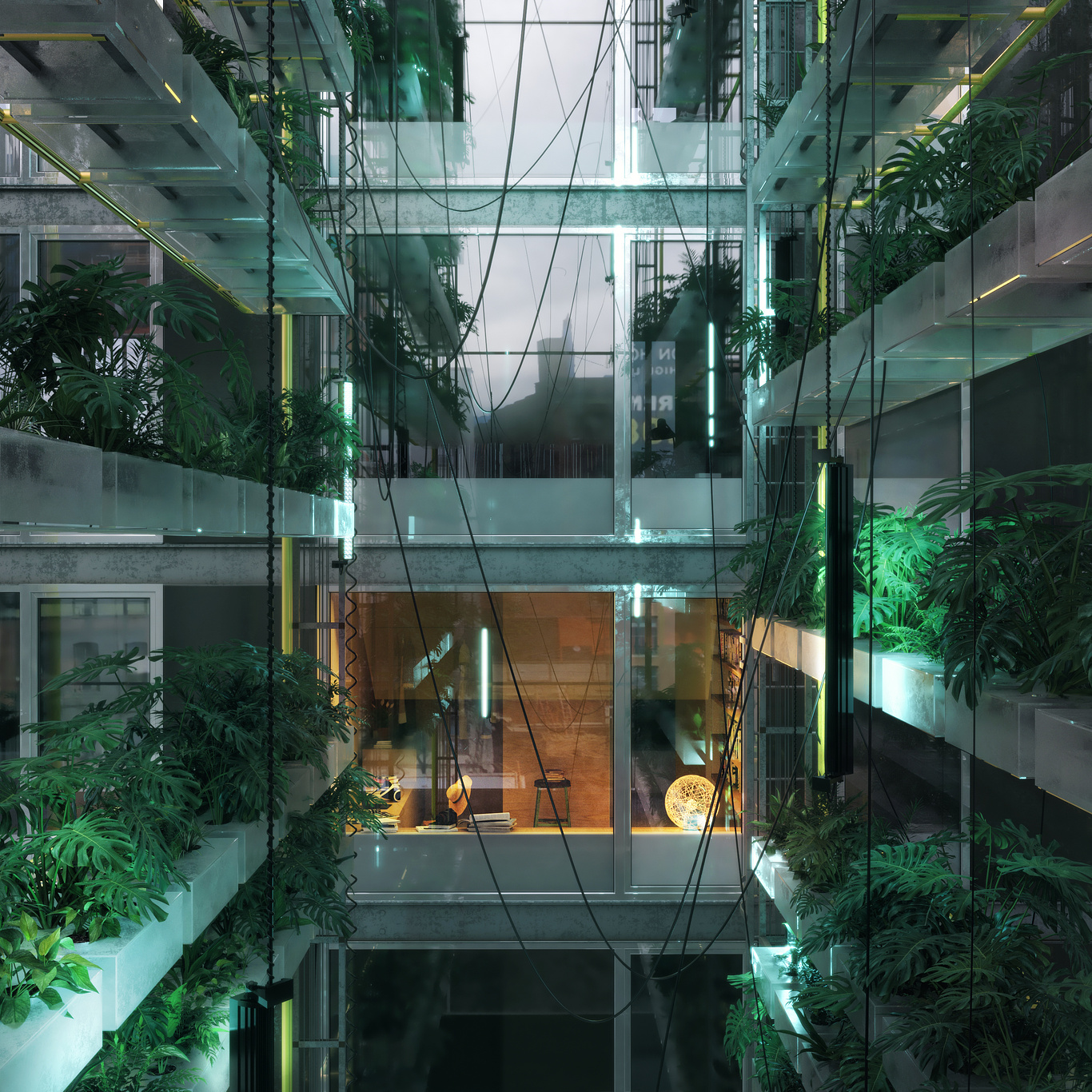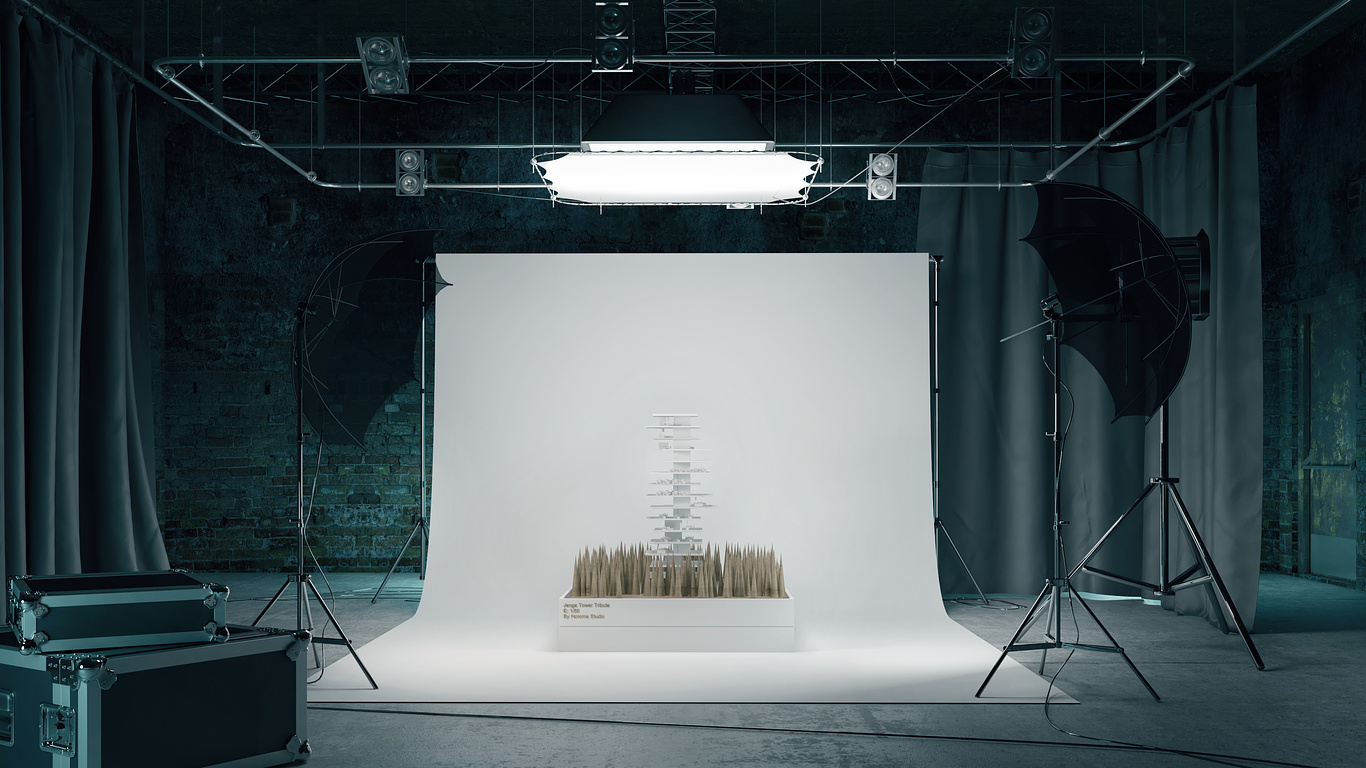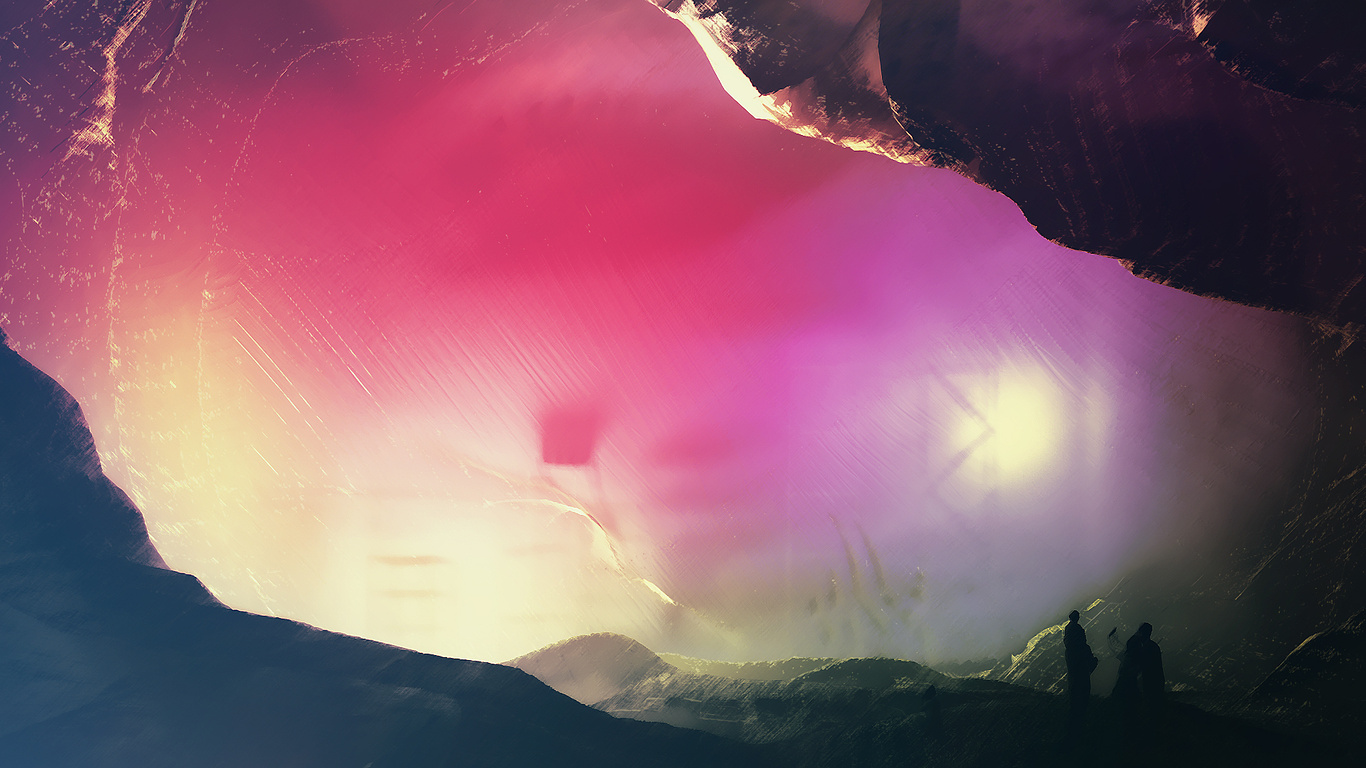
Business In Archviz
How will you differentiate yourself?
Introduction
It's that time of the year where random people from all over the internet will make videos and articles to tell you what to do with your life, what new habits to implement, and basically what new resolutions you need to take for this new year in order to become an amazing human being, the best of the best, etc.
And, guess what, I'm about to do the exact same thing in this article!
But let's do this in a more valuable way, shall we?
Rather than throwing random resolutions at you and try to convince you you should follow them, let's use our brain for a minute and come up with a method to actually set the right resolutions on our own.
And for that, it's usually better to aim for the questions rather than hopping on the answers too fast.
So what is the right question to ask then?
The main entry point for a proper designing of what your resolutions should be, is to ask yourself : How will I differentiate yourself?
Differentiate myself? From what?
Differentiating yourself is basically this ability to make yourself stand out.
Stand out from what you may ask? Well... everything. Stand out from yourself of the past year, stand out from your competitors, stand out from the crowd of people doing similar things...
One thing that is worth noting, and definitely not marketable though, is that differentiating yourself is a very long, ongoing, probably neverending, discovery process. It's basically pinpointing who you want to be, and who you don't want to be. And in a sea of content constantly giving you quick hacks to become like X, or make like Y, it's harder and harder to even find what you really want to be once all this noise stops.
Why does this even matter?
As you might have noticed when scrolling through your social medias, 99% of the content out their is a sea of undifferentiated visuals.
Thanks to the rise of easy to use render engine, realistic rendering accessible at the pressing of a button, and now AI delivering great looking imagery when typing random descriptions with potential spelling mistakes, we've now reached a long awaited tipping point where realism is no longer accessible to just a few studios, but to everyone with an average computer and some hours of experience on a render engine.
The technical aspect is becoming less and less relevant as a differentiating factor, clients are relying more and more on in-house, more cost effective, visualizations. Thus comes the question, why would clients still come to you, if you're not different from the crowd, and can't bring any additional value to the in-house realistic renderings they can now do by themselves?
On a higher level, differentiating yourself is also the surest way to operate along your own priorities and methodology. Having a clear idea of how you want to differentiate yourself from others, is another way of saying you're finally crafting your own identity as an artist, a service provider, or as an individual altogether.
Where to begin?
As I mentioned in the introduction, the idea here is not to provide ready-made solutions on how to differentiate yourself, but rather give some questions and directions on how you can find your own answers to that question. These pillars are, not surprisingly, similar to the key themes, or diamonds, I talk about in my course From The Ground Up.
Pillar one : theoretical knowledge
When it comes to archviz, theory is actually key, and is even more so nowadays that the technical aspect is more and more irrelevant in terms of differentiation.
What is the theory of archviz? Composition.
How knowledgeable are you on the complexity of composition?
Now that we can achieve realism almost as easily as pressing the shutter button on a camera, the difference between good and dull archviz will become the same as the difference between a good and a bad photograph. It's not the subject that makes a photograph good or not, it's not the quality of the lens, it's not the settings used, nor is it the angle at which your finger presses the shutter. It's all down to how the person taking the photograph uses composition to convey what they want.
And yet, most tutorial content out there is about aiming at photorealism, as if it was the ultimate goal. Well, it really isn't, because even the most photorealistic rendering can still be the most boring image you've ever seen. And neither clients, nor yourself are after making photorealistic boring images. Boredom in images doesn't come from lack of technical knowledge, but from lack of theoretical knowledge.
So, how much further than some grid lines and oversimplified balance theory does your knowledge and experience of composition go?
Pillar two : creativity
Creativity is an important pillar in the toolset of an archviz artist. Without creativity, you're bound to repeat everything that has been done before, without overlaying your own take on the subject. Without creativity, you're bound to never differentiate yourself from the crowd, and more sadly, never find your own way of making images.
While it's normal and natural to have some favourite topics and styles, it's important and valuable to spend some extra time looking into other areas, as many as you can, because only you can have your interpretation of what you'll see, and only you can then reintegrate this interpretation into your own work.
How much time do you spend looking for references and new sources of inspiration? How wide do you keep the scope of your interest?
Pillar three : client management
Instead of cold emailing 300 nameless companies per day, DMing people you don't really care about on LinkedIn and hoping to grow your clients pool tenfold by the end of the year, there are some valuable questions that you can ask yourself regarding your current clients, that will probably, later down the road, help you in making yourself a valuable asset to your clients, clients that, eventually will grow your clients pool for you, for free, through referals.
What do you want your client to think of you? Do you want to be perceived as an open-minded freelancer that will always strive to find creative and tailored solutions to solve their problem, or an egotistic artist that is more interested in their own portfolio than their client's projects?
How often do you ask for feedback? I've always been disappointed by the lack of feedback one can get on their images in social medias. "omg awesome" and "<insert emojis>" are not valuable feedback you can learn from. And I can't help but think that very few people actually take the time to get proper feedback from their clients in order to refine the quality of their service for the next contract (whether it's with this client or not). I'm of course not talking about feedback on the images, but feedback on the level of service itself.
How often do you reflect on conversations, feedback sessions and email exchanges you've had with clients in order to understand why something went well, or wrong? The whole "Horoma Critique" series I did for a bit stemmed from that very issue I pinpointed : I wasn't spending enough time revisiting past work in order to understand the extent of what I could learn from them and implement in my future work. Only by doing this on your own work will you be able to find ways to differentiate yourself from your past self, and from your competitors.
Pillar four : practice
How much time are you wasting due to inefficiency? And, to fix that, how much time do you spend on experimenting and optimizing your workflow?
Another important question you can ask yourself, is how much time do you dedicate to tasks where you actually bring value? (or that you at least enjoy doing).
Circling back to the technical aspect, it is fun to see how our quest of the perfect workflow and optimization, can sometimes lead us to the complete opposite result : spending a lot of time on things that don't matter and where we can't deliver any value, and never really reap the reward of a strong (potentially automated) process.
Now, to wrap this up, I can't resist but to give you one direct advice, stolen from Oscar Wilde : be yourself, everyone else is already taken.
And while this sure sounds like a hackneyed cheap advice that people generally feed you to suddenly make gazillions of euros per month, find the perfect love match and what not. I do think that having a clear idea of who you are, what you stand for, and standing by these principles in your day to day practice is the surest way to at least stay motivated and driven when working, and it can, in the long run, differentiate yourself from the crowd.
We can't stand a chance against perfectly curated, flawless profiles we see on social medias everywhere, but we do stand a chance against past versions of ourselves. So how are you gonna differentiate yourself this year?
Did you enjoy this read? I'll be writing more articles, and you can also get my monthly newsletter here if really you can't wait : https://www.horoma.school/newsletter
You must be logged in to post a comment. Login here.
About this article
A short article on how to find the right areas of focus to setup goals and routines for the coming years.
visibility431
favorite_border1
mode_comment0


